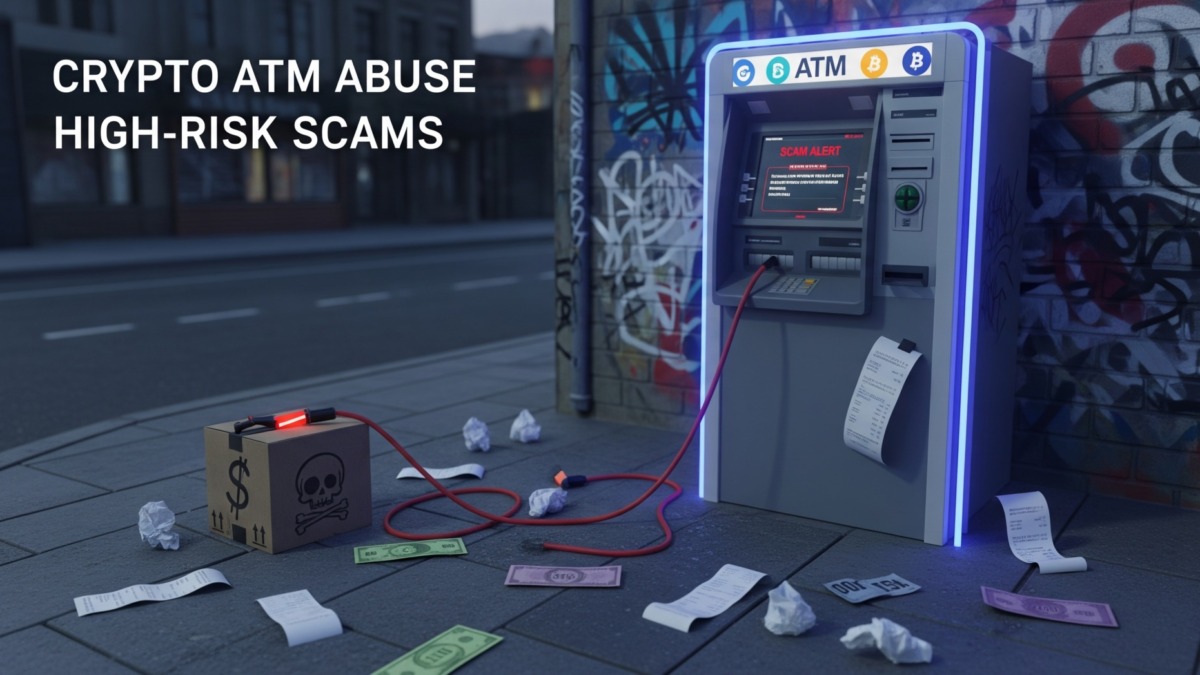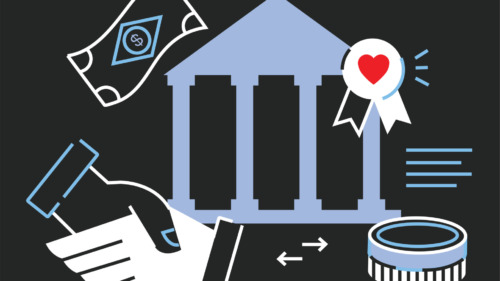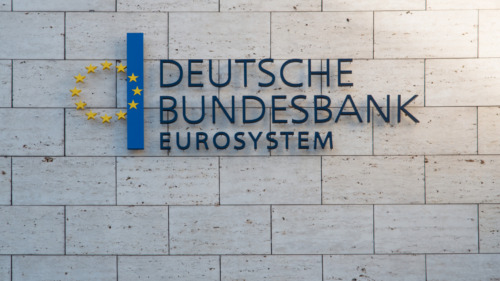FinCEN Warns Financial Institutions of Rising Crypto ATM Abuse by Criminals and Cartels

- FinCEN has alerted banks about the increasing criminal use of cryptocurrency ATMs (CVC kiosks) in scams and drug trafficking.
- Scammers trick victims into converting money into crypto via kiosks, exploiting transaction anonymity and speed.
- Regulatory non-compliance by kiosk operators leaves gaps that transnational crime networks are exploiting.
The US Treasury’s Financial Crimes Enforcement Network (FinCEN) has issued a formal warning to financial institutions about increasing criminal exploitation of cryptocurrency ATMs, known as Convertible Virtual Currency (CVC) kiosks. These kiosks, which allow users to exchange fiat for crypto and vice versa, are being exploited for scams, money laundering and drug trafficking operations.
Related: Australian Money Laundering Scheme Busted: A$190M Converted to Crypto
Fast, Anonymous, and Irreversible
Scammers often pose as tech support agents, government officials, or romantic partners, urging victims to withdraw funds from bank or retirement accounts, convert the money into cryptocurrency at a CVC kiosk and send it to a scammer-controlled wallet. The speed, pseudonymity, and irreversibility of CVC transactions allow scammers to quickly move funds out of reach. Once sent, the money is nearly impossible to recover.
Criminals are relentless in their efforts to steal money from victims, and they’ve learned to exploit innovative technologies like CVC kiosks.
 Andrea Gacki, FinCen Director
Andrea Gacki, FinCen Director In 2024, the FBI’s Internet Crime Complaint Center received over 10,956 complaints involving CVC kiosks, with victim losses totalling US$246.7 million (AU$381.2 million) – a 99% rise in complaints and a 31% increase in financial loss compared with 2023. According to the Federal Trade Commission, the elderly are particularly vulnerable, accounting for more than two-thirds of total losses through CVC kiosks.
FinCEN noted that transnational criminal organisations, including Cartel Jalisco Nueva Generación, are increasingly using crypto to transfer illicit drug proceeds both across state lines and internationally. In hotspot areas such as Illinois and particularly Chicago, which hosts over 1,100 kiosks, traffickers have turned to CVC to avoid traditional cash smuggling routes.
Gaps in the Legal Framework
CVC kiosk operators are legally classified as Money Services Businesses under the Bank Secrecy Act and must comply with anti-money laundering regulations. However, many fail to register or maintain compliant practices, making them susceptible to abuse. Some have been found to misrepresent their compliance status to financial institutions or operate unlicensed businesses.
FinCEN encourages all financial institutions to enhance their monitoring systems and submit Suspicious Activity Reports with the term ‘FIN-2025-CVCKIOSK’ when such abuse is suspected.
FinCen Director Andrea Gacki said, “The United States is committed to safeguarding the digital asset ecosystem for legitimate businesses and consumers, and financial institutions are a critical partner in that effort. This Notice supports Treasury’s continuing mission to counter fraud and other illicit activities.”






